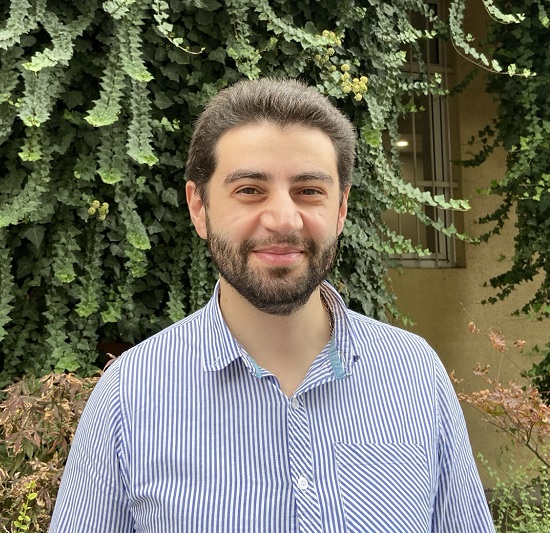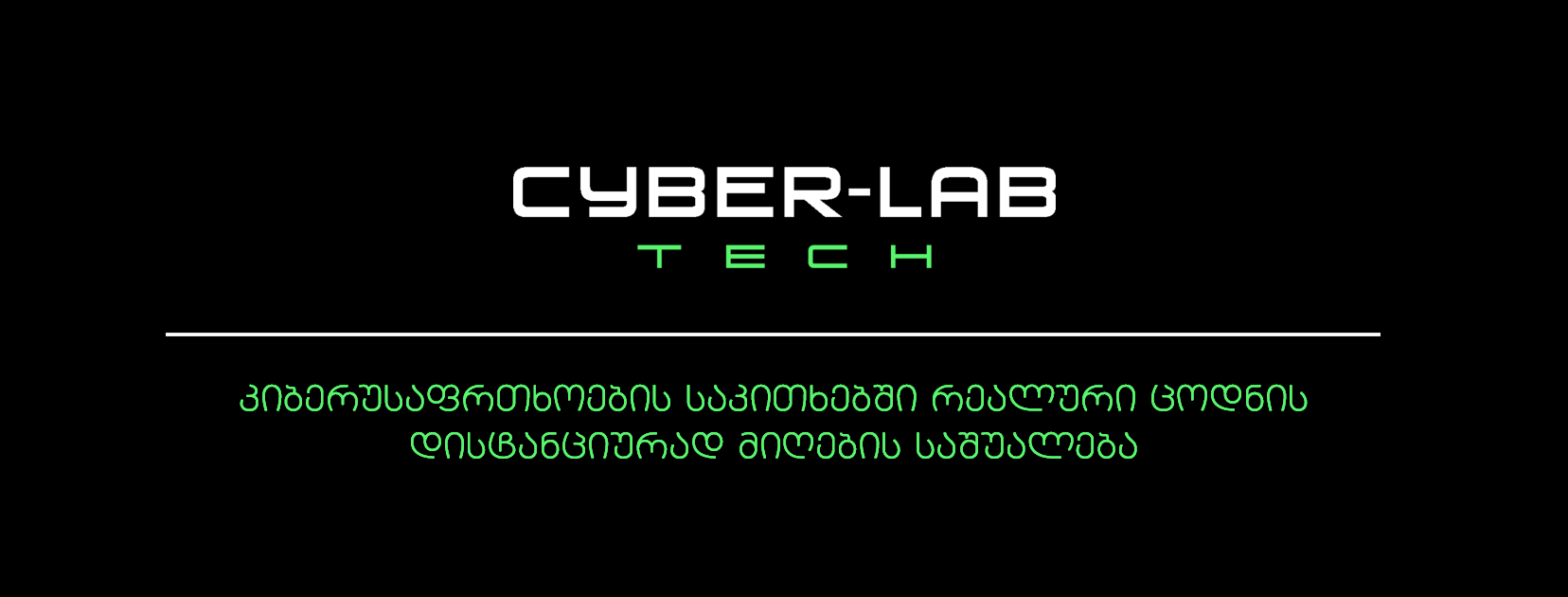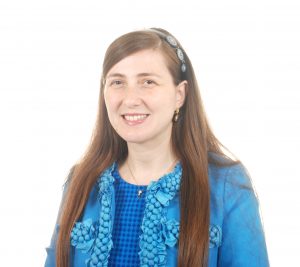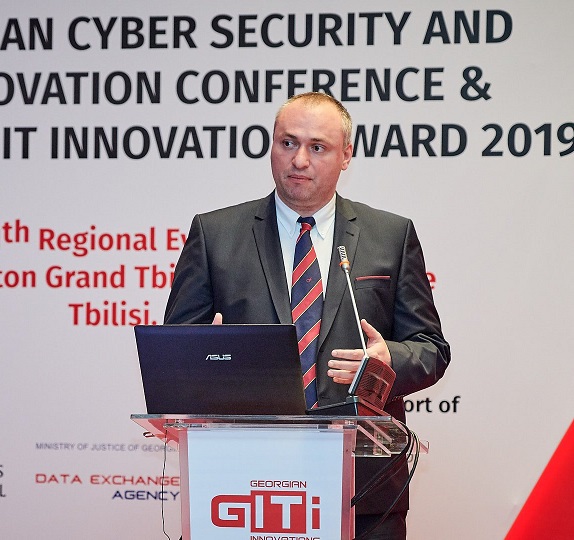Cyber-attacks were a key feature of the 2008 Russo-Georgian war; they affected websites of news agencies, the Georgian President and were implicated in the explosion of an oil pipeline. At that time in Georgia there was no governmental CERT (Computer Emergency Response Team). Today there is the CERT.GOV.GE national team which cooperates closely with CERT-GE – the team operated by GRENA, the Georgian Research and Educational Networking Association. Temur Maisuradze, System Administrator at GRENA, and David Kvatadze, head of CERT.GOV.GE share their insights.
Temur Maisuradze: “GRENA had established its CERT-GE team in 2007, with the support of NATO’s Science for Peace and Security Programme. In cooperation with Polish, Estonian and NATO cyber security experts, the CERT-GE team played an active role in the mitigation of the Russo-Georgian war cyber-attacks. The need for national cyber security protection was clear.
The Criminal Police Department of the Ministry of Internal Affairs of Georgia has a division dedicated to the fight against cyber crime in Georgia. Under the Ministry of Defence, the Cyber Security Bureau started work on its tasks and responsibilities in 2014, in the military sector. And the national CERT of Georgia was established in 2011 under the Ministry of Justice of Georgia. Since then, this team – CERT.GOV.GE – has been engaged in maintaining cyber security in the country, now under the Digital Governance Agency of the Ministry of Justice.”
David Kvatadze: “CERT.GOV.GE and GRENA together organise awareness campaigns and cooperate in 3 initiatives. GRENA provides server and network infrastructure, ensuring reliable operation of the platform, and puts together some of the practical exercises. The first one is a cyber exercise called ‘CYBER-EXE’, which is aimed at the IT department staff of Georgia’s public and private sectors. 25 teams from different organisations took part in the most recent event.
GRENA also supports the national CERT during ‘CyberCube’, the national Cyber Security Olympiad for students and pupils. This event brings together 150 students per year. The objective is to share expertise and knowledge with young people by involving them in real incidents under the form of an exercise. In 2020 the Olympiad was organised online for the first time.
The third activity is ‘Cyber-Lab Tech’, a portal with cyber security exercises covering different categories. It is mainly intended for Georgian IT students, to deepen their practical skills in detecting and reacting to cyber incidents. But it is also useful for IT professionals working in public and private sectors.”
Temur Maisuradze: “GRENA is proud that in 2019 the Cyberlab portal received the annual Georgian IT Innovation Award in the category ‘Best Information/Cyber Security Solution’. The portal was created with support from the EU-funded EaPConnect project under the coordination of GÉANT.”
David Kvatadze: “There is now a repository of 220 exercises relating to cryptography, cyber analytics, and analysis of log files and code from real incidents, among other areas. The portal has gained in popularity and more than 450 users are now registered. To date the exercises have been solved almost 6000 times.”
Temur Maisuradze: “GRENA’s team, CERT-GE, is a member of the European CERT community’s Trusted Introducer services. Other cyber security services offered by GRENA include:
- Disseminating information about infected IPs from international sources, incident response support, hotline;
- DDoS protection (Black hole service – Cogent, application layer protection appliance);
- United Thread Management UTM for datacenter;
- Intrusion Detection System IDS for datacenter;
- Email security – Barracuda SPAM filter;
- Penetration testing – (manual, HP WebInspect, Burp suite);
GRENA also participates in cyber security activities in the GÉANT (GN4-3) Project, and, together with partners from Sweden, Poland, Belarus and Ukraine, took part in the preparation of the CyberEDU proposal.
GRENA will keep supporting the development of cyber security field in Georgia for future years to come!”
About the interviewees
David Kvatadze graduated from Ivane Javakhishvili Tbilisi State University. During 2006-2011 he was Senior Network Engineer and CERT Officer at GRENA. He has participated in various conferences / workshops / trainings on network and cyber security and has taken part in and implemented numerous NATO, UNDP and European Commission projects.

Read more on the GÉANT Cyber Security Month 2020: https://connect.geant.org/csm2020








